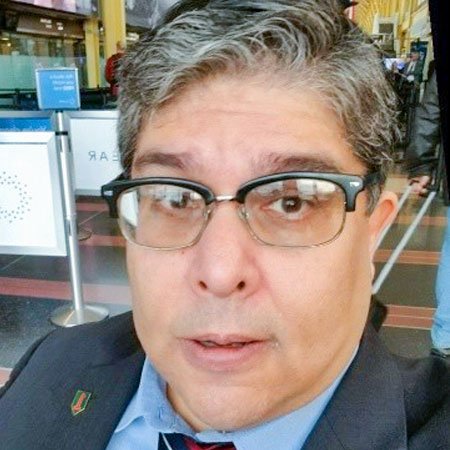My dad died when I was 9. So I grew up, to a great degree, without a dad. I know what that means for a kid and the stats don’t lie on what it means for society. In the second part of a series, talented writer Eli Steele details a pastor’s effort to make things better.
Better family planning would solve a lot of issues with poverty??♀️
There's absolutely no reason for there to be families with 3 and 4 generations of fatherlessness…
And the one kid that "makes it" is expected to bankroll the entire family- it sets the entire community back!
— ? (@thesoftpurple) December 24, 2021
Steele: One of the toughest challenges Pastor Corey Brooks deals with on the South Side of Chicago is fatherlessness. For better or worse, the pastor has become a father figure to many youths in the neighborhood where approximately 80% of the homes do not have a father. He teaches them how to look someone in the eye and give a firm handshake. He makes them sweep the floors and wash the windows before he hands them a dollar to teach them the value of earning. He meets with wayward kids and often spends hours counseling them back onto the straight path. The work exhausts him and sometimes comes at the expense of his own family, yet he never stops fathering.
There are those Americans who look at the pastor and the kids surrounding him and dismiss it as a “black” problem. They lecture him that the culture needs to change and that it begins in the home. The pastor never disagrees, for he bears direct witness to these social ills. But what he disagrees with is that this is just a “black” problem. Fatherlessness affects all Americans and continues to worsen with each passing year.
According to the Census Bureau, approximately 89% of the “post-war generation” grew up with a mother and father who were married to each other. That number has fallen today to approximately 68%. The Department of Education reports that 39% of all American students enrolled in grades one through 12 live in homes absent their biological fathers.
These thoughts were on the mind of Brooks on the 40th day of his 100-day rooftop vigil to raise money to build his Project H.O.O.D. community center. He was joined by George O’Neil, a businessman who flew in from sunny central Florida to spend a freezing night on the roof. “George, why are you so passionate about being here on the South Side of Chicago?” the pastor asked. “You could be anywhere.”
“I’m here to help you because you are one of the few voices that I’ve heard that is brave enough to stand up and state the importance of family, fatherhood for all communities, not just the black community,” he said. “It is important that we recognize that our culture and many of the leading institutions have been antagonistic to the family, and we see the results of that.”
While the number of fatherless children remains unacceptably high among blacks nationwide at approximately 56%, according to the Census Bureau, the numbers have risen significantly for other races. Approximately 31% of Hispanic children and approximately 21% of white children do not live with their biological fathers. The pastor then asked O’Neil what role his father played in his life.
“I was very close to my father,” said O’Neil. “I worked with my father. I studied with my grandfather. I cannot imagine growing up without a father. I just can’t imagine. I can’t imagine being able to do any of the things I’m able to do now.” The pastor nodded along as O’Neil continued: “I think one of the things that fathers do that’s important is that they set an example. They teach just by what they do.”

Join the Discussion
COMMENTS POLICY: We have no tolerance for messages of violence, racism, vulgarity, obscenity or other such discourteous behavior. Thank you for contributing to a respectful and useful online dialogue.